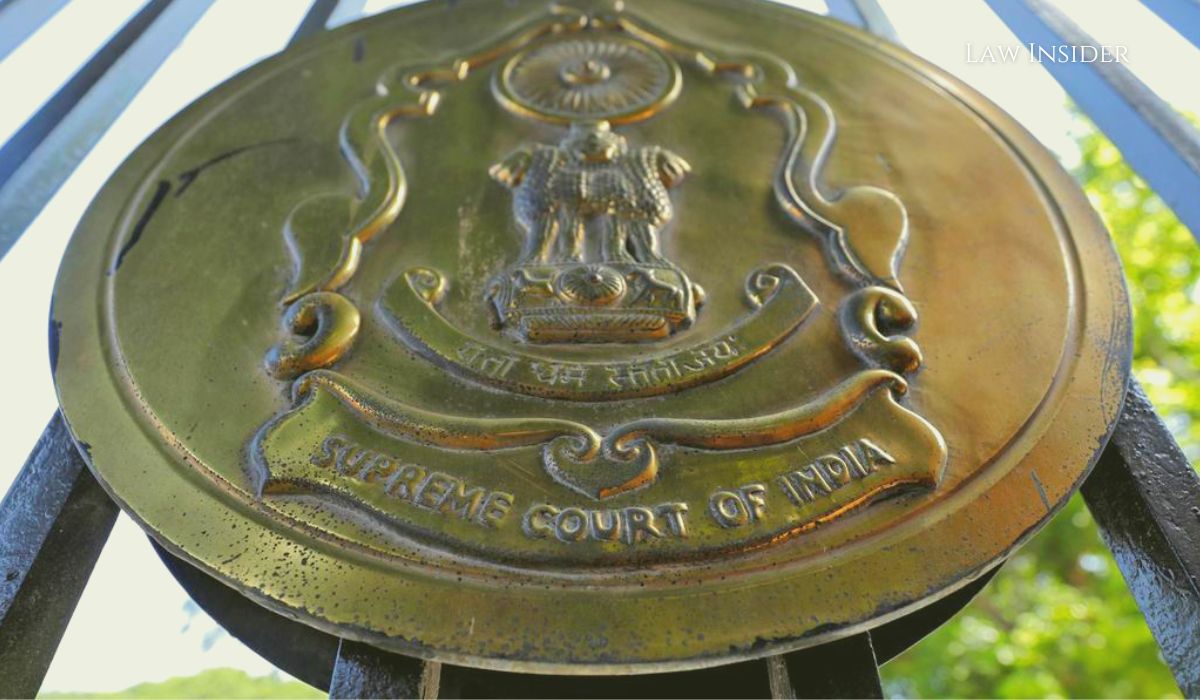Bhuvana Marni
Published on: 20 October 2022 at 19:00 IST
The Supreme Court has been petitioned by the All-India Muslim Women’s Personal Law Board to prohibit Muslim husbands from unilaterally divorcing their wives by pronouncing talaq by personal law. The Board wants to nullify divorces granted to Muslim women who didn’t follow the proper procedure with retrospective effect.
The president of the Board, Shaista Amber, in a press-release, addressed the injustice against victim women due to impromptu Talaqs happening without following proper procedures established by law. The Board pointed out the major cause like greed for dowry, disagreements, intolerance and sometimes not interested to fulfil responsibilities of marriage, etc.
The Board, further pointed that incidents where the husbands are willfully disobeying the Muslim Women (Protection of Rights on Marriage) Act, 2019, which criminalized the practice of triple talaq. Complaints are being received that husbands and in-laws, in an attempt to circumvent the 2019 Act, force the women to declare talaq.
Further, the Board asked the Court to issue a directive declaring that divorces granted to Muslim women without completing the proper mediation procedure in the presence of a witness should be recognised as null and invalid. A declaration of evil custom was also sought for Talaq-e-Hasan and other kinds of unilateral extrajudicial talaq.
It gave the example of a woman from Gorakhpur who received a false Talaqnama (divorce paper) and a fatwa (legal declaration) that was not even signed. Her husband skipped the counselling sessions and afterwards got remarried.
When she went to the court, the judge called the qazi who had given the incorrect fatwa and instructed her to perform Halala. The board said that there are numerous instances of persons giving talaq improperly and pleaded with the court to bring justice for the victim women and their offspring.
The Board has also asked the Court to instruct all lawmakers to create rules that would take effect retroactively to safeguard the financial and social security of divorced Muslim women and their children.
The board also asked for guidance on how to remove the current anomalies of divorce by Talaq-e-Hasan and other unilateral types of Talaq and establish a rule requiring only one proper divorce procedure.
There are petitions filed by Muslim women pending in the Supreme Court which challenge the practice of Talaq-e-hasan and other forms of extra-judicial talaqs.

